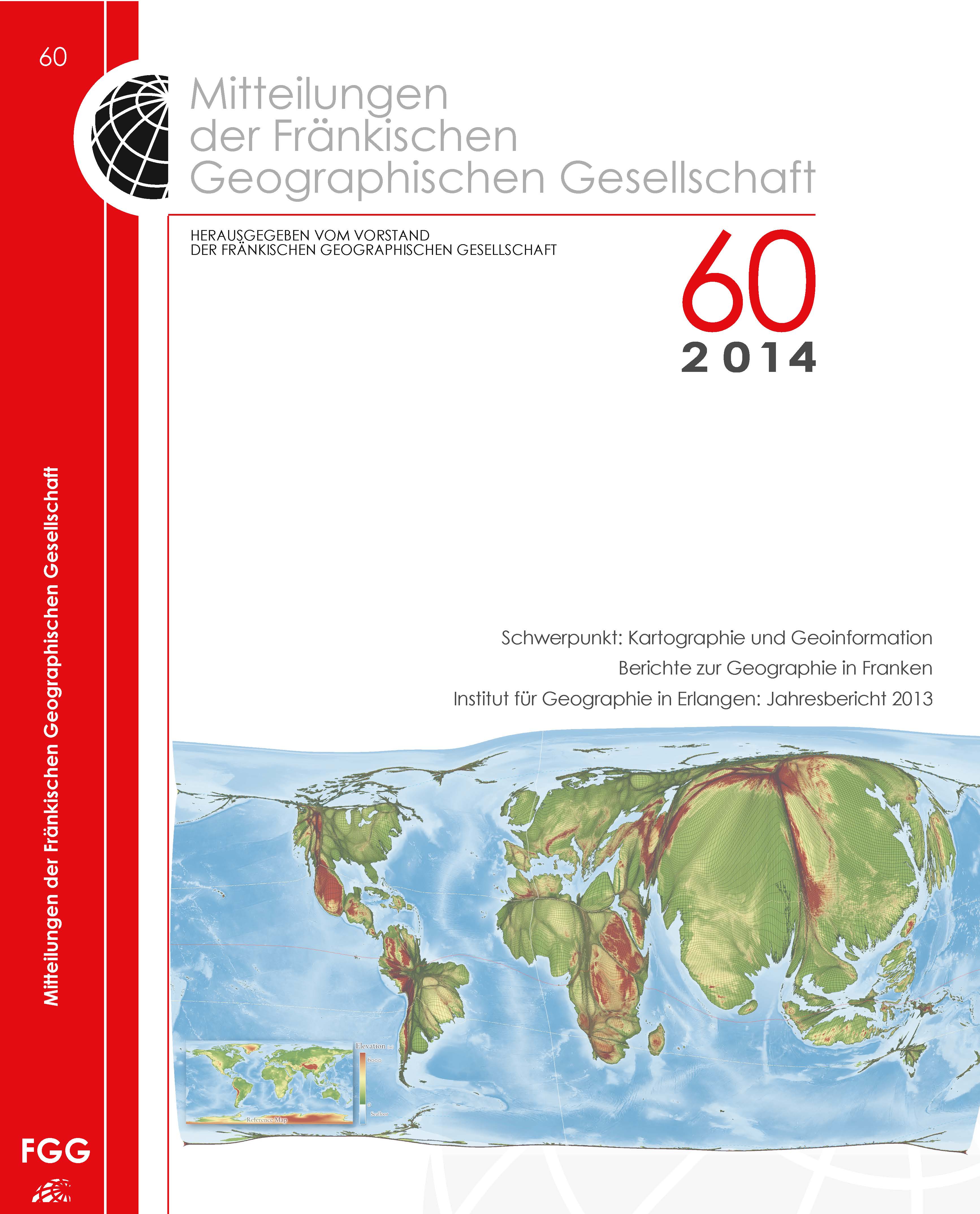New spatial technologies, new social practices: a critical theory of the geoweb
Abstract
Geography, GIScience, and society at large continue to grapple with the implications of newly emerging geospatialmedia – an ever-expanding range of interactive Internet and mobile technologies that enable collection,compilation, mapping, and dissemination of spatial data by vast numbers of people. The so-called ‘geoweb’presents fundamental challenges for three or more decades of GIScience theory and practice developed inrelation to conventional geographic information systems, and re-situates a number of the concerns of criticalGIS scholars with regard to the societal significance of geospatial data and technologies. In this paper, I showhow some of the longstanding concerns of critical GIS scholarship can illuminate several of the fundamentalarenas of societal transformation stemming from the geoweb: Global and local social relations around privacyand surveillance, socio-technological practices of activism and civic engagement, and the education of citizensprepared to engage a geoweb world. I use examples from my own recent research in each of these arenasto characterize the specific nature and implications of these transformations and to point to the pervasivepresence of social, political, and technological inequalities in each arena. One of the most important legaciesof critical GIS scholarship to carry forward into geoweb research and practice is its deep attention to and interventionin inequalities and exclusions wrought through digital spatial data and technologies. Creating a morejust society in the face of new spatial technologies demands our ongoing effort to sustain these commitments.Downloads
Veröffentlicht
06.07.2015
Zitationsvorschlag
Elwood, S. (2015). New spatial technologies, new social practices: a critical theory of the geoweb. Mitteilungen Der Fränkischen Geographischen Gesellschaft, 60(1), 1–6. Abgerufen von https://fgg-erlangen.de/fgg/ojs/index.php/mfgg/article/view/335
Ausgabe
Rubrik
Artikel



